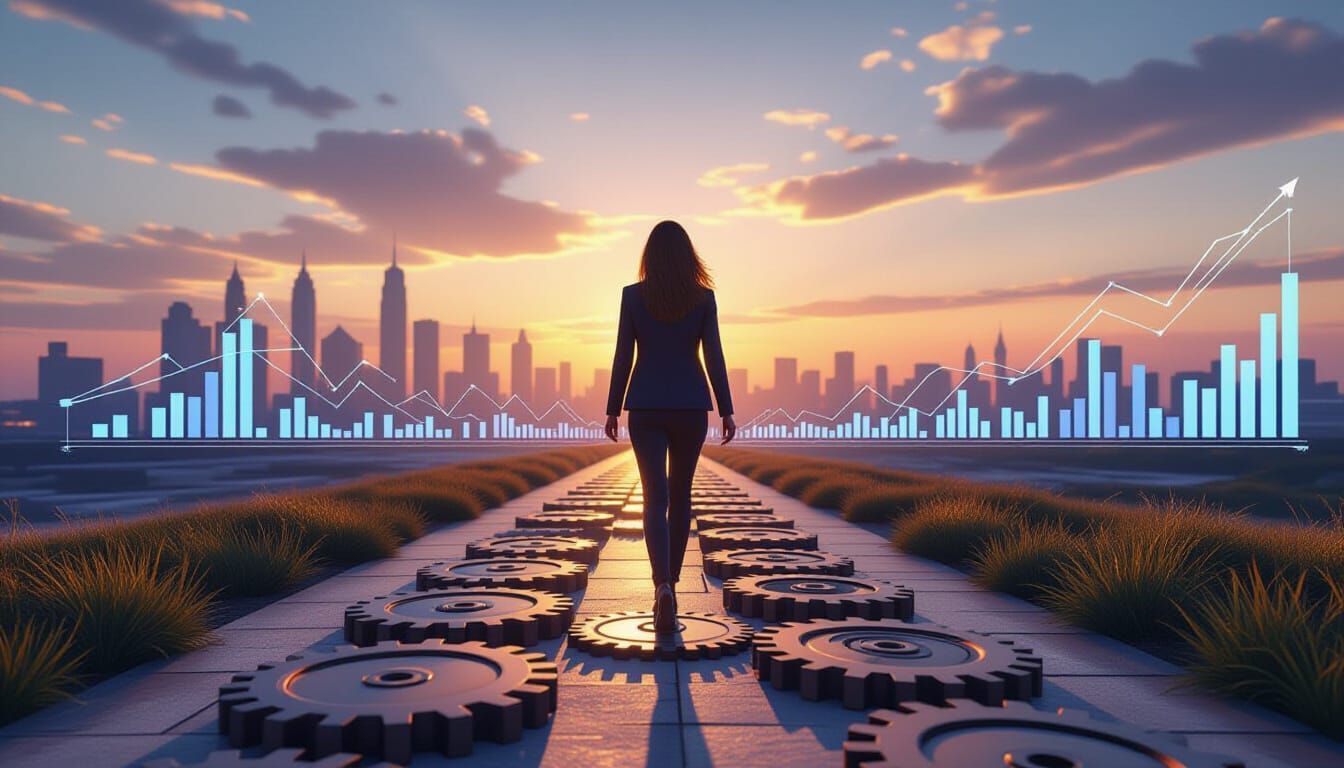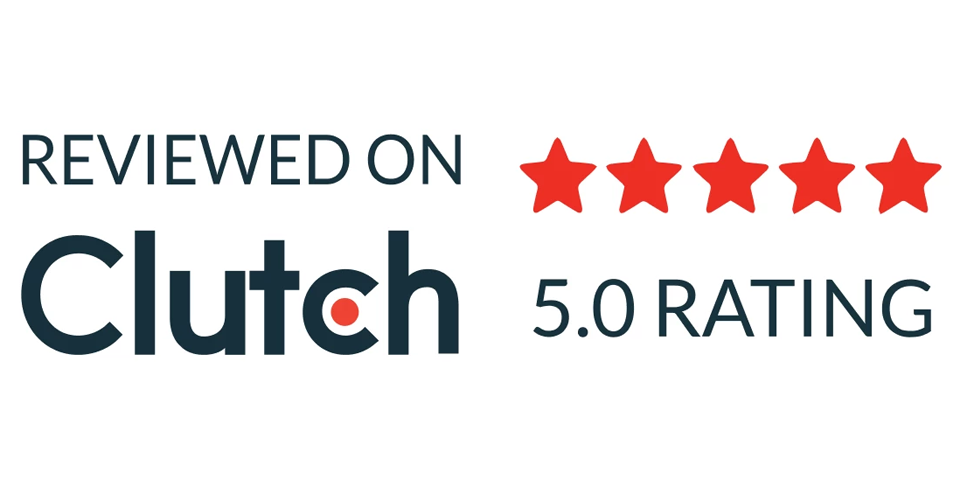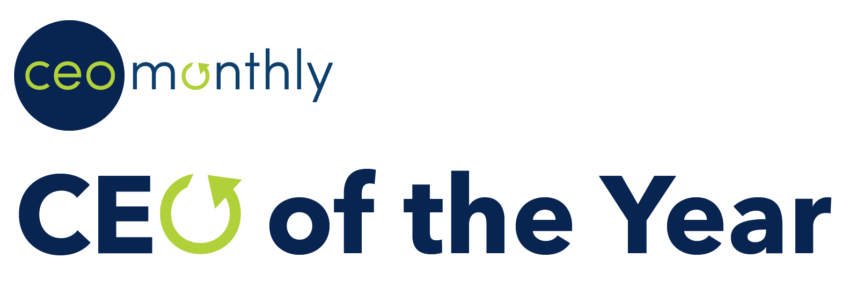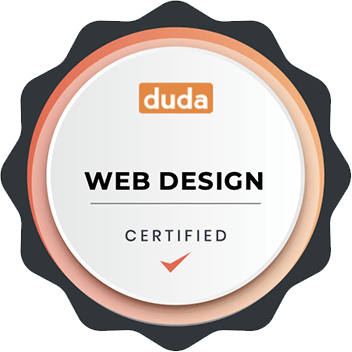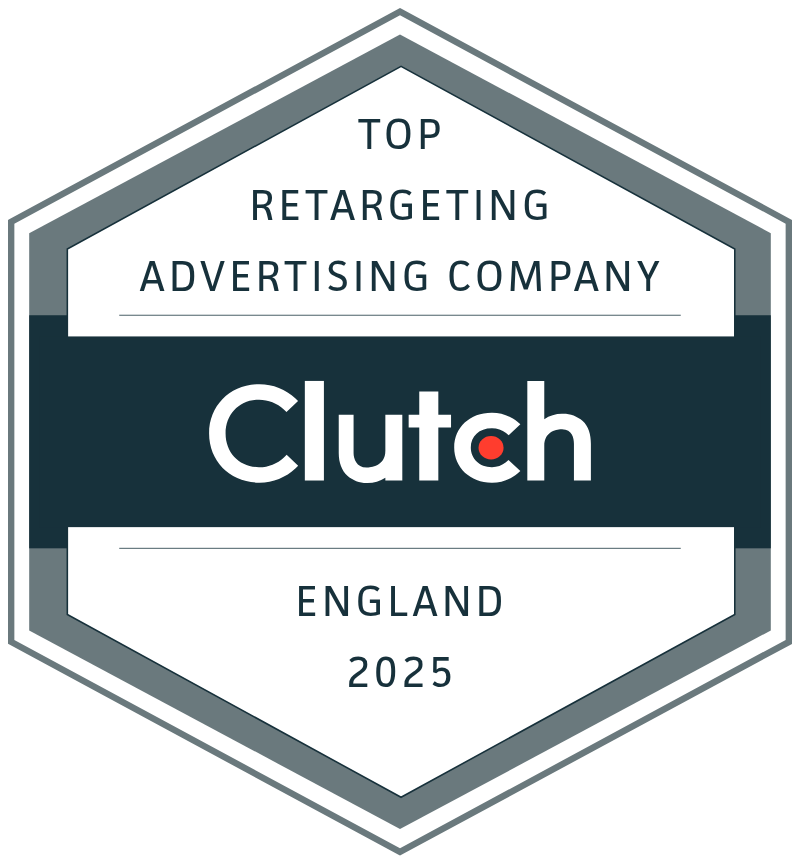What is a Business Lead?
In the fast-paced world of sales and marketing, the term "business lead" is thrown around frequently, but what does it truly mean? At its core, a business lead is a potential customer who has expressed interest in your products or services. This interest could manifest through actions like filling out a contact form, subscribing to a newsletter, or engaging with your content online. For businesses like Leads Nurtured, understanding and nurturing these leads is the foundation of sustainable growth.
A lead isn't just a name on a list—it's an opportunity to build a relationship that could lead to a loyal customer. In this comprehensive guide, we'll explore everything from the basics of lead generation to advanced strategies, helping you turn curious prospects into paying clients.
Business Lead Generation: Strategies to Generate Leads for Your Business
Generating high-quality business leads requires a mix of creativity, data, and persistence. At Leads Nurtured, we specialise in helping companies streamline this process, ensuring every lead is nurtured towards conversion.
Understanding Lead Generation
Lead generation is the process of attracting and converting strangers into prospects who show interest in your offerings. It's the first step in the sales funnel, bridging the gap between awareness and purchase.
What is Lead Generation?
Simply put, lead generation involves identifying and cultivating potential customers. Whether through inbound methods like content marketing or outbound tactics like cold emailing, the goal is to capture contact information and build engagement.
The Importance of Leads for Your Business
Without leads, there's no pipeline for sales. Leads fuel revenue growth, enabling businesses to expand their customer base and achieve long-term success. For B2B companies, a steady flow of qualified leads can mean the difference between stagnation and scaling.
Types of Leads: B2B vs B2C
- B2B Leads: These target other businesses, often involving longer sales cycles, higher value deals, and decision-makers in organisations.
- B2C Leads: Aimed at individual consumers, these are typically quicker to convert but may have lower lifetime value.
Understanding these distinctions helps tailor your approach for maximum effectiveness.
Effective Lead Generation Strategies
Top B2B Lead Generation Techniques
For B2B success, focus on LinkedIn outreach, webinars, and account-based marketing. These methods target decision-makers directly, yielding higher conversion rates.
Using Content Marketing to Generate Leads for Your Business
Create valuable content—ebooks, blogs, and videos—that solves your audience's pain points. Offer these as gated assets in exchange for email addresses, building your lead database organically.
Leveraging Social Media for Lead Generation
Platforms like LinkedIn, X, and Facebook are goldmines for leads. Run targeted ads, join industry groups, and share insightful posts to drive traffic to your landing pages.
Lead Generation Trends to Watch
Emerging Technologies in Lead Generation
AI-powered chatbots, predictive analytics, and automation tools are revolutionising how we capture leads. At Leads Nurtured, we integrate these technologies to deliver precise, timely nurturing.
Data-Driven Approaches to Getting Leads
Use analytics to track user behaviour and refine campaigns. Tools like Google Analytics and CRM systems provide insights into what works, ensuring your efforts aren't wasted.
Personalisation in Lead Generation
Generic messages fall flat. Personalise emails and content based on lead data—such as industry or past interactions—to boost engagement by up to 20%.
Building a Successful Lead Generation Funnel
Stages of the Lead Generation Funnel
- Awareness: Attract visitors through SEO, ads, or social media.
- Interest: Capture details with lead magnets.
- Consideration: Nurture with targeted content.
- Intent: Offer demos or trials.
- Evaluation: Address objections.
- Purchase: Close the deal.
Optimising Your Lead Generation Process
Audit your funnel regularly. A/B test landing pages, streamline forms, and integrate with tools like those offered by Leads Nurtured for seamless automation.
Converting Leads into Customers
Conversion hinges on trust. Provide value through case studies, testimonials, and personalised follow-ups to guide leads towards a purchase.
Lead Management Best Practices
Organising Your Lead Database
Maintain a clean CRM with segmented lists. Tag leads by source, stage, and behaviour to enable targeted nurturing.
Tracking and Nurturing New Leads
Automate drip campaigns with relevant content. Score leads based on engagement to prioritise high-potential ones.
Measuring Success: KPIs for Lead Generation
Track metrics like:
- Lead volume
- Conversion rate
- Cost per lead (CPL)
- Return on investment (ROI)
These KPIs reveal what's working and where to improve.
Finding and Buying Leads
How to Find Leads for Your Business
Organic methods include SEO and networking; paid options encompass PPC ads and partnerships.
Pros and Cons of Buying Leads
Pros: Quick volume, targeted lists.
Cons: Lower quality, potential compliance issues (e.g., GDPR).
Evaluating Lead Quality
Assess leads using scoring models. Look for fit (demographics), engagement (actions taken), and intent (behaviour signals).
In conclusion, mastering business leads is about more than generation—it's about strategic nurturing and conversion. At Leads Nurtured, we provide expert services to optimise every stage of your lead journey. Ready to supercharge your pipeline? Contact us today and transform prospects into profits.
We’re Ready When You Are
See What We Can Do For Your Business





